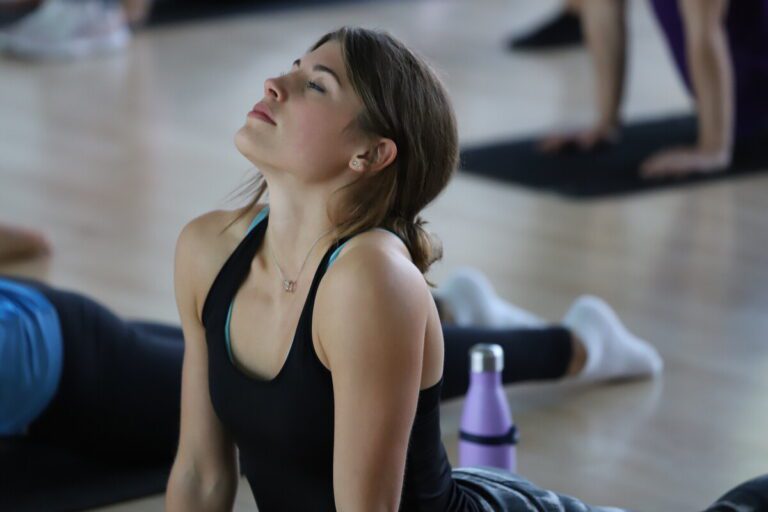Scroll down for more options…
Tag: Mental health
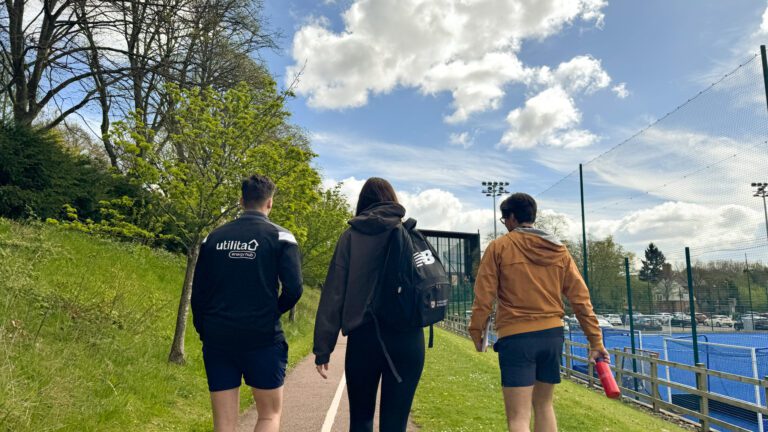
Walk your way into May | National Walking Month
Walk your way into May | National Walking Month May marks National Walking Month, centred around promoting the benefits of walking on your physical and
April 29, 2024
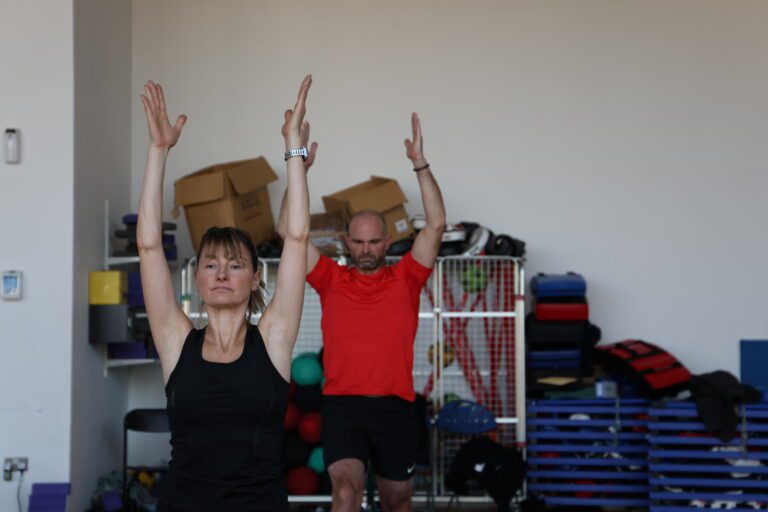
Prioritising Mental Health and Wellbeing with The BRIT Challenge 2024
Prioritising Mental Health and Wellbeing with the BRIT Challenge 2024 From Saturday 24 February – Sunday 24 March, Sport & Fitness participated in the BRIT
March 28, 2024
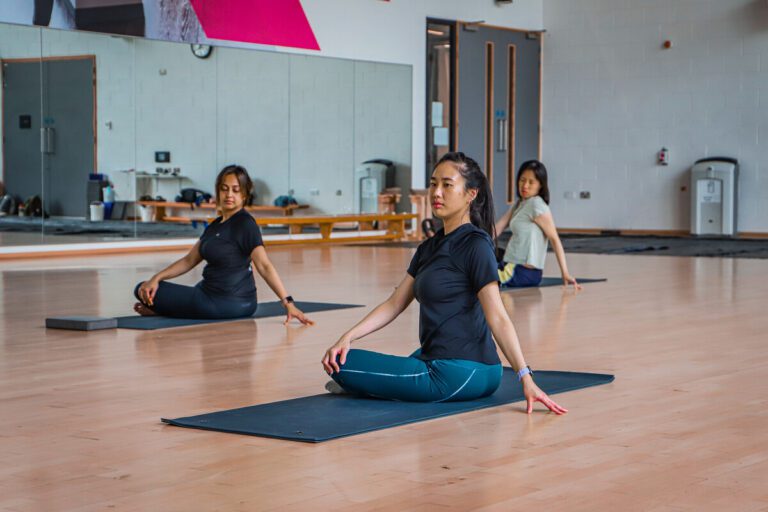
Balance. Share. Rest – Mental Health Awareness Day
Balance. Share. Rest. I am sure that for most of you, looking after your mental health has been something which has ironically been badgering you
February 29, 2024
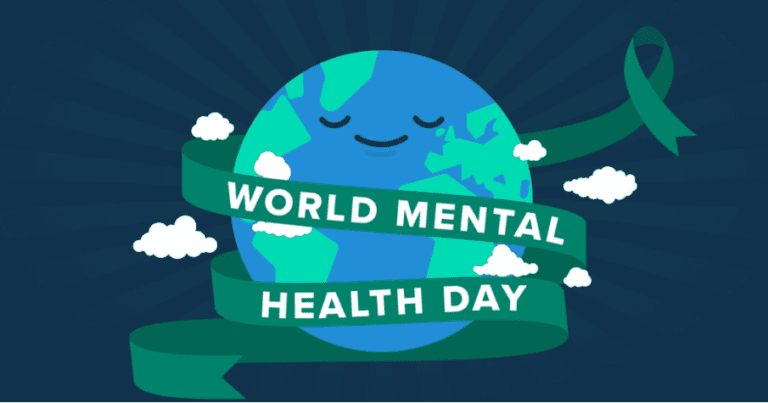
World Mental Health Day 2023
WORLD MENTAL HEALTH DAY 2023 Tuesday 10 October is World Mental Health Day. The World Health Organisation (WHO) states that despite good mental health being
October 9, 2023
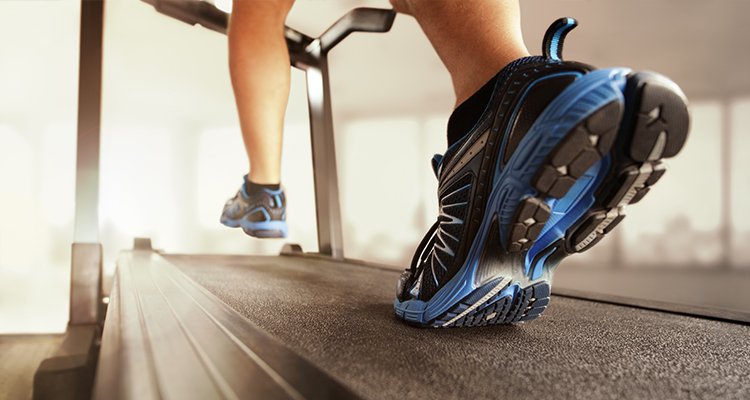
BOOST YOUR MOOD WITH EXERCISE
BOOST YOUR MOOD WITH EXERCISE We all know that getting out and exercising can make us feel better, giving us that sense of achievement and
April 26, 2023


